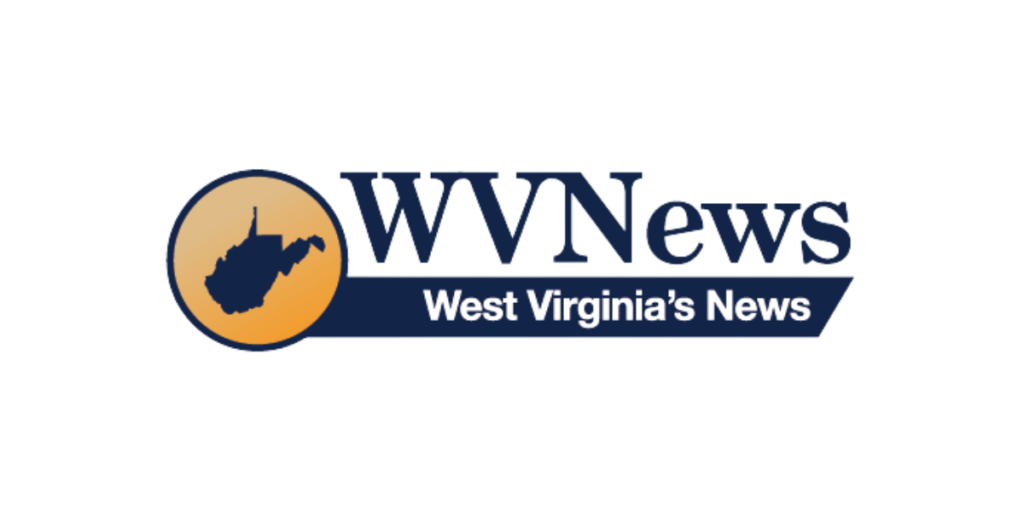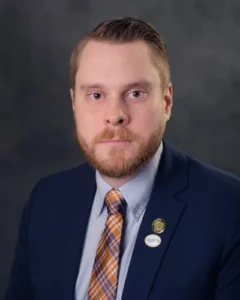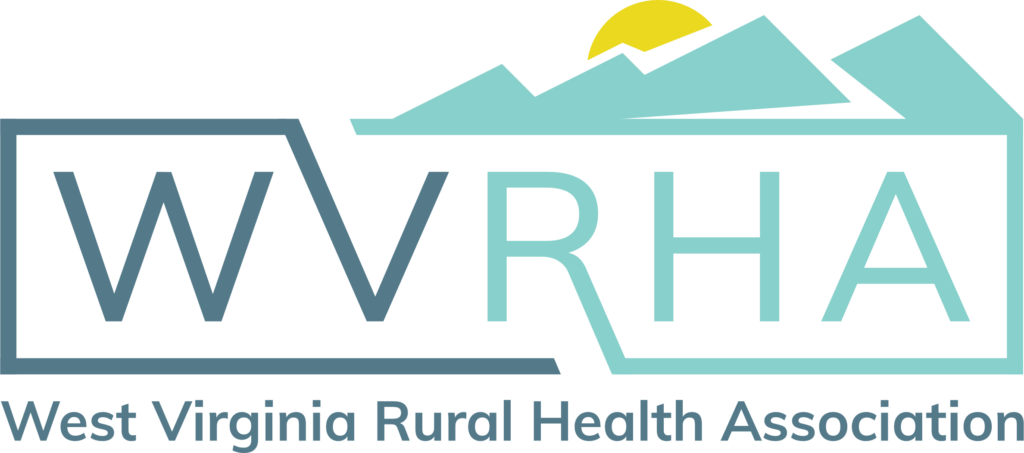
Opposition to West Virginia Senate Bill 714
Opposition to West Virginia Senate Bill 714
by Matthew A. Davis

This year, a bill (SB 714) introduced in the West Virginia Senate is calling for the elimination of the WV Board of Osteopathic Medicine, which oversees the medical licensing for osteopathic physicians (DOs) and has existed for over 100 years since 1923. Those licenses would be consequently transferred to the allopathic licensing board. These two distinct branches of medicine should maintain their own licensing board as each brings unique perspectives and strengths to the practice of medicine. Contact your state legislators and oppose Senate Bill 714.
Osteopathic medicine has been a vital part of the healthcare landscape for 150 years, providing patients with a holistic and patient-centered approach to medicine. It is based on the philosophy that the body is a unit of mind, body, and spirit, and that the body has an innate ability to heal itself. DOs are trained to consider the whole person when diagnosing and treating illness, and they are taught to focus on preventive care.
One of the key differences between osteopathic and allopathic medicine is the emphasis on osteopathic manipulative treatment (OMT) in the osteopathic profession. OMT is a hands-on technique used to alleviate pain, promote healing, and improve the overall functioning of the body. This unique treatment modality is a crucial aspect of osteopathic medicine and is not taught in allopathic medical schools. It is important to ensure that patients continue to have access to this valuable treatment option.
Furthermore, the separate recognition of osteopathic medicine is crucial to preserving the distinct identity and unique contributions of the osteopathic profession. By maintaining separate licensing boards, the state can ensure that the values and principles of osteopathic medicine continue to be upheld and promoted. Unification with the allopathic licensing boards could dilute the identity of osteopathic medicine and diminish the unique perspective that DOs bring to the field.
Moreover, the preservation of separate osteopathic licensing boards is also important for maintaining diversity and innovation in the medical profession. DOs often provide services in underserved communities and are more likely to practice primary care, which is vital for addressing health-care disparities. The distinct perspective of osteopathic medicine is crucial for addressing the diverse and complex health-care needs of patients, and for fostering innovative approaches to care.
The recognition of osteopathic medicine as a separate and distinct profession is crucial for fostering collaboration and partnership between the osteopathic and allopathic medical communities. By maintaining separate licensing boards, the state can encourage the sharing of knowledge, expertise, and best practices between the two branches of medicine, while also respecting the unique contributions and ensuring equality of each profession.

